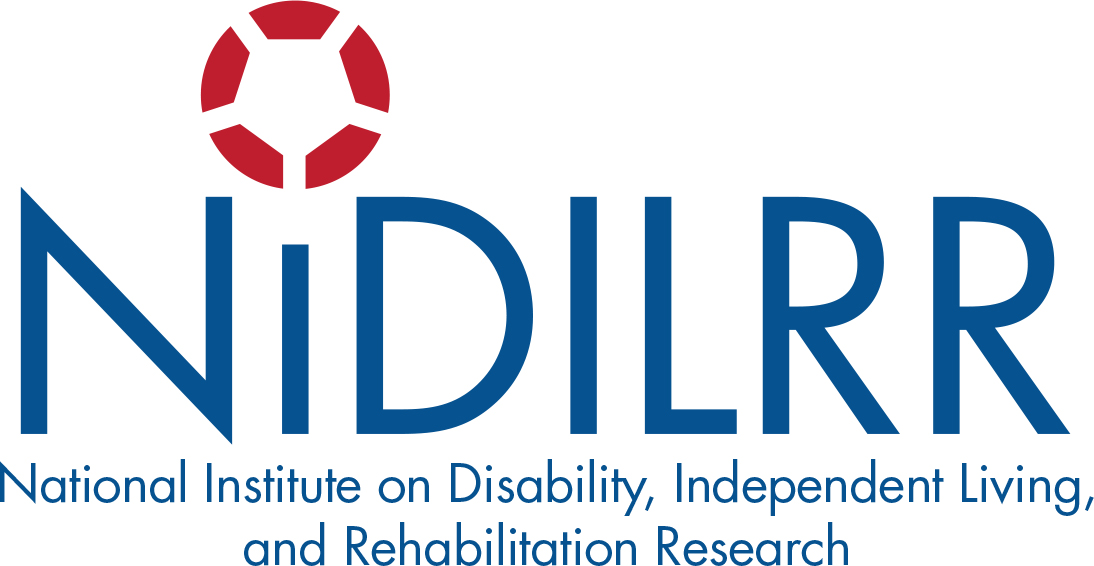- A large majority of people with SCI have a family doctor and are satisfied with care received.
- People with SCI tend to be high users of primary care.
- Lack of SCI-specific knowledge is a significant problem for people with SCI in primary care. There is evidence for inadequate knowledge of important secondary conditions and lack of adherence to clinical guidelines in treating SCI patients.
- Physical barriers are also encountered in some primary care practices.
- The majority of the issues raised by SCI patients in primary care are disability-related –specifically, they are secondary complications of the spinal cord injury.
- There is a high level of consistency in the literature on the most common issues raised by people with SCI in primary care.
- The most commonly raised issues are bowel, bladder and pain. Also of significant concern are skin care, equipment and medication needs, depression and bone density.
- Unmet health needs are a significant problem for people with SCI in primary care with information needs in particular being poorly met.
- There is evidence for the effectiveness of outreach programs for maintaining health among patients with SCI. In particular, web-based and telephone-based technologies show promise in this area.
800-UAB-MIST
24-hour hotline for physicians to consult with a UAB specialist
The University of Alabama at Birmingham Spinal Cord Injury Model System provides this website as an auxiliary resource for the primary care of patients with spinal cord injury.The contents of this website were developed under a grant from the National Institute on Disability, Independent Living, and Rehabilitation Research (NIDILRR grant number 90SIMS0020). NIDILRR is a Center within the Administration for Community Living (ACL), Department of Health and Human Services (HHS). The contents of this website do not necessarily represent the policy of NIDILRR, ACL, HHS, and you should not assume endorsement by the Federal Government.
